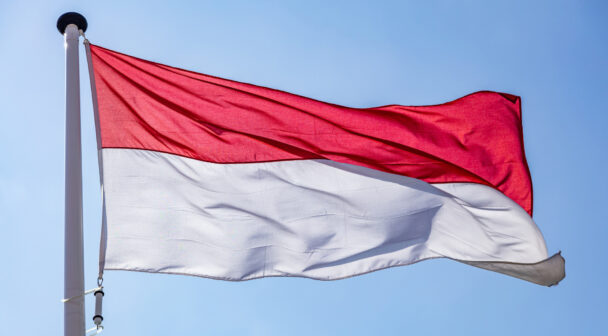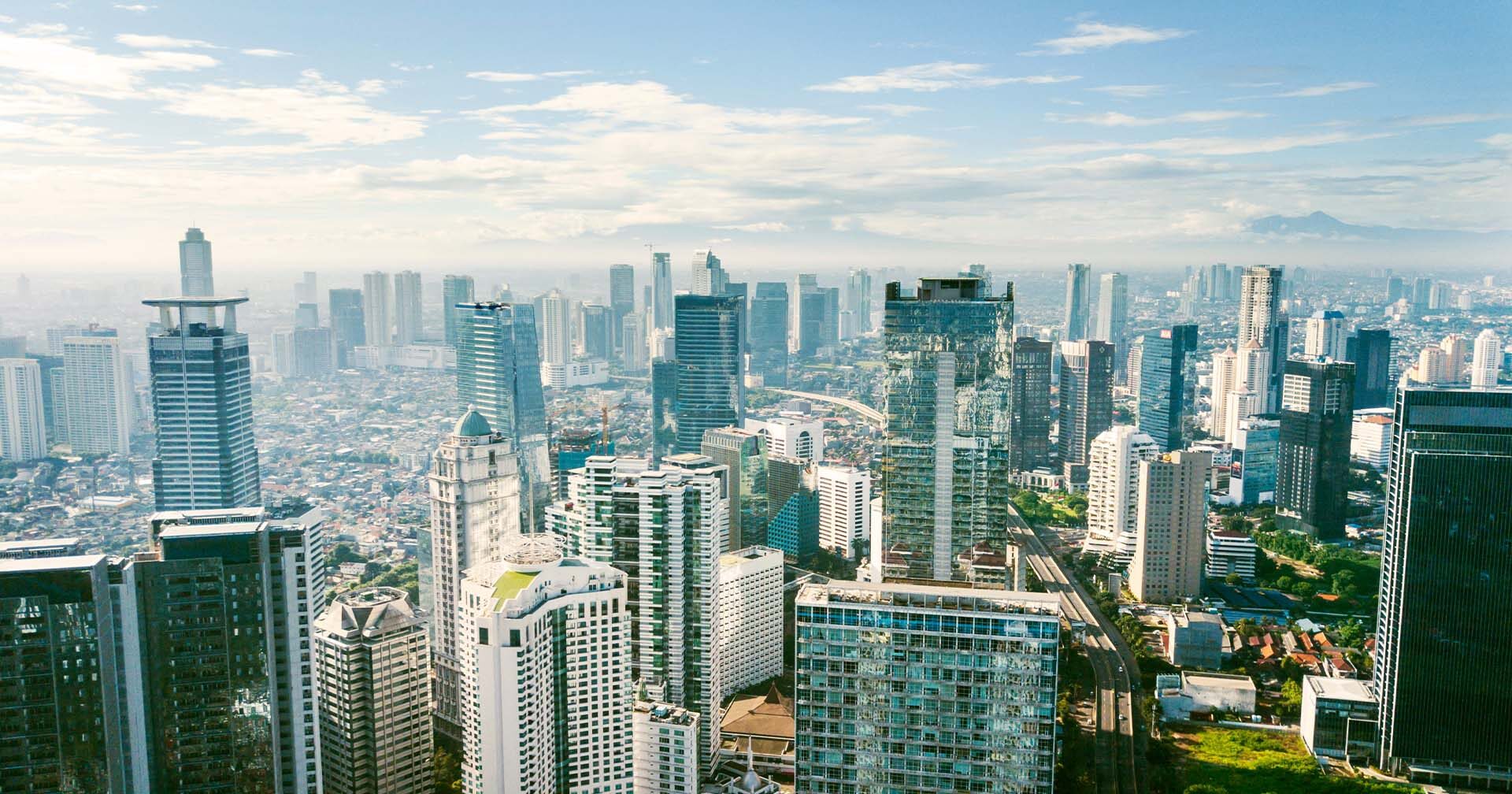THE INDONESIAN GOVERNMENT WILL IMPLEMENT A “NEW NORMAL” POLICY TO DEAL WITH THE COVID-19 SITUATION

Indonesian qualified lawyer
Fiesta Victoria

On October 5, 2020, the Indonesian House of Representatives (DPR) approved the draft Job Creation Law, known as the Omnibus Law. The Omnibus Law has become a trending topic since the idea was announced last year, given the impact that it is expected to result in many aspects of Indonesian economy, including issues relating to investment, and labor and environmental rights.

On Monday, November 2, 2020, a month after the bill was passed by the Indonesian House Representative, Indonesia's President Joko Widodo has officially signed the Omnibus Law which makes it officially comes to effect. In Indonesia, when a new law is passed, it is enacted when the president signs it within 30 days as of the day when it is approved. However, even without the president's signature, a law will automatically come to effect in 30 days since the day it was approved by the Indonesian House of Representatives (DPR).
The Omnibus Law in a single hit will amend more than 75 existing laws and eliminate thousands of regulations that were considered unwelcoming to business and investment. The Omnibus Law mandates that, these implementing regulations must be issued within 3 months after it is enacted.
Despite the positive intention in the background to support foreign investment in Indonesia and boost the Indonesian economy, the Omnibus Law has been bombarded with massive protests and demonstration all across Indonesia led by employees and students, since the day it was approved. This is because some of the provisions in the Omnibus Law are considered stripping off employees and environmental protection rights. However, the government believe that the law is for the good of Indonesia, especially as the country's economy is suffering from the COVID-19 pandemic.
In addition to attract investment, create new jobs, and stimulate the economy by removing red tapes and synchronizing various laws and regulations, the law brings significant changes to Indonesia's Investment, labor and environmental regulations.
Huge changes in the investment sector to eliminates many cumbersome requirements or restrictions relating to investment, for example:
1. Central government will have more authority to direct and implement foreign investment policies, including issuance of business license.
2. The law cuts down the list of business sectors that is closed for investment from 20 previously to 6 business sectors. The following business sectors are now open for investment:
3. To support the above plan, the Government is planning to introduces a new list, called the positive list of investment. This list is to become the new reference for type of busines that are open or closed for investment, replacing the existing negative list. The list is expected to give more options of the scope of business activities that are open for investment. Remains to be seen how details this list is.
Many pro-labor rights regulations are removed in order to make Indonesian investment environment more attractive, especially to foreign investors. Some examples:
The law relaxes environmental standards, only requiring businesses to file an environmental impact analysis if their projects are considered high risk, simplifies environmental assessment requirements and licensing procedures.
There is a possibility of certain provisions of the Omnibus Law being challenged before the Indonesian Constitutional Court.
For further information on the above, please contact this form.

